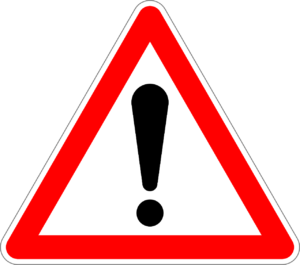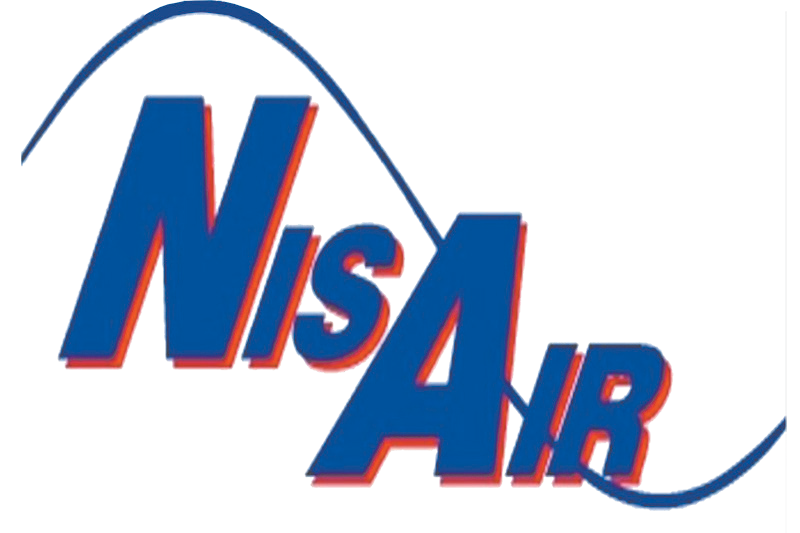Winter Safety Precautions for Your Florida Home
You might think that here in South Florida, there’s no need to worry about winter home safety. Few homeowners will ever have to be concerned about frozen pipes. Nevertheless, there are other winter home safety issues that you need to stay on top of, particularly when the house is shut up tight.
Heating System
We’re lucky on the Treasure Coast that we can fling open the windows in winter at times, but we also need to occasionally close things up for those rare cold spells. When that happens, it’s important that your combustion-powered equipment works right.
Any appliance powered by gas — be it your heating system, clothes dryer or water heater — gives off exhaust gases. If they are not properly vented to the outdoors, carbon monoxide, an odorless, tasteless, invisible and deadly gas — can build up and sicken or even kill.
That’s just one reason why you need to have your furnace professionally inspected every year, even if you don’t use it that often. The technician should check the venting, the burners and pilot assembly to ensure they are functioning properly. An inspection of the heat exchanger for cracks that might leak carbon monoxide should also be on the maintenance list.
Carbon Monoxide Detectors
If you have any combustion-powered appliances in your home, it’s a good idea to protect your family by mounting carbon monoxide detectors in the home. Place one on each level of the home. They should be mounted about 5 feet from the floor and near the bedrooms.
Check the detectors periodically to make sure they are working. Change batteries and tighten loose wires.
While You’re Away
Whenever you’re planning to be away from home this winter, have someone check your home. Even though frozen pipes shouldn’t be an issue, flooding can occur from unexpected sources — a burst pipe or the condensate drain of the air conditioner. If you can’t be reached while you’re away, give your friend the name of your HVAC consultant for emergencies.
To learn more about winter home safety, contact NisAir Air Conditioning and Heating. We serve Martin, Palm and Indian River counties.

